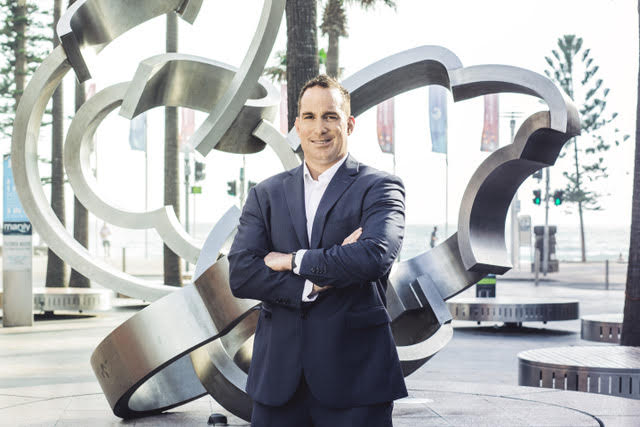In this article, the director of Manly-based Pine Property, Patrick Kelleher explains the benefits of using a specialist commercial property manager to lease your asset.
The key to commercial property management is to find a quality, long term tenant who will look after the property and pay the rent on time, Mr Kelleher said.
“The difference between a good and bad tenant can be tens of thousands of dollars a year or more, so finding the right one is critical. However finding reliable tenants can be difficult, time-consuming and stressful,” he added.
Placing a tenant also requires considering the various factors that might influence the success of that prospective tenant, including their compatibility with surrounding businesses, which Mr Kelleher said will ideally offer complementary services.
“Commercial property management is about making landlord’s lives simpler, reducing risk and making you money by finding and retaining quality tenants.”
Tasks your property manager will manage include:
- Advertise property vacancies on various platforms
- Prepare premises for inspections by potential tenants
- Screen applications including due diligence such as checking the tenant’s rental history, finances, business plan and revenue stream.
- Organise licensed and insured tradespeople for timely repairs and maintenance
- All tenant negotiations and communications, include dispute, crisis management and evictions.
- Carry out regular inspections to ensure property value is maximised
- Ensure timely rent payments are deposited directly into nominated bank accounts
- Lease renegotiations to maximise revenue and minimise vacancy periods
Ongoing compliance checks, keeping insurances up to date and adhering to legislation such as fire safety certificates are also administrative issues a good commercial property manager will handle.
Why use a specialist commercial property management agency?
Commercial property management is far more complex than residential property management and engaging a professional can make disputes, lease negotiations or evictions less stressful.
Mr Kelleher suggests using a local, commercially-qualified property manager with a thorough understanding of commercial property laws and business operations including:
- Net rents
- Calculations of outgoings
- Trust accounting
- Dealing with commercial strata bodies, specialist contractors such as concreters, builders, town planners, private certifiers, and fire and OHS consultancy services.
- Australian Building Codes Board compliance and regulations.
Communications critical:
Once you have found a quality tenant, ongoing property management requires regular interaction and open and transparent communications are critical or the landlord-tenant relationship can quickly breakdown.
“If you’re the point of contact, tenants won’t hesitate to call you in the middle of the night: rubbish removal, air conditioning, keys, parking, access, noise, neighbours, lights, you name it,” Mr Kelleher says.
To simplify the process and ensure both tenants and landlords feel as though their best interests are being served, Pine Property has invested in the latest cloud-based commercial property management software.
“The software provides tenants and owners with log-ins so they can both see summaries around lease terms, inspections, ongoing repairs and maintenance, payments, account balances and more,” Mr Kelleher said.
Local knowledge is unbeatable:
When choosing a commercial property manager, the importance of using a local agency cannot be overstated.
“If the agency has been working locally in commercial property for at least a few years, the chances of easily finding a quality tenant is far greater,” Mr Kelleher said.
“An experienced, local property manager will have relationships with both local and national businesses and an understanding of which businesses are interested in entering the area or moving premises. They should also have strong contacts in local marketing channels.”
“A local agent will also have detailed insight into market pricing based on variables such as position, parking, aspect, age, and amenities. Getting your pricing right is critical.”
According to Mr Kelleher, cost is generally based on a percentage of income received from the asset’s rent, car parking costs, storage area, and signage, in the order of 5 to 7 per cent of the gross rent.
What can go wrong?
Mismanaged property can be costly with property damage or the loss of a poorly serviced tenant the obvious consequences.
However technical mismanagement can also be costly. For instance, a tenant may significantly alter a property to suit their business.
“If an appropriate make-good obligation has not been negotiated at the outset of the lease, returning the property to a condition which makes it appealing to other prospective tenants can be expensive and time consuming,” Mr Kelleher said.
Questions to ask if you’re thinking of hiring a commercial property manager:
- What is their experience in commercial property? (Look for someone with at least three to five years of commercial-specific property management experience)
- Do they have local knowledge?
- Do they specialise in your particular industry or area?
- What is their service offering and how will they deliver it?
- Are they adequately resourced to maintain and manage your property?







